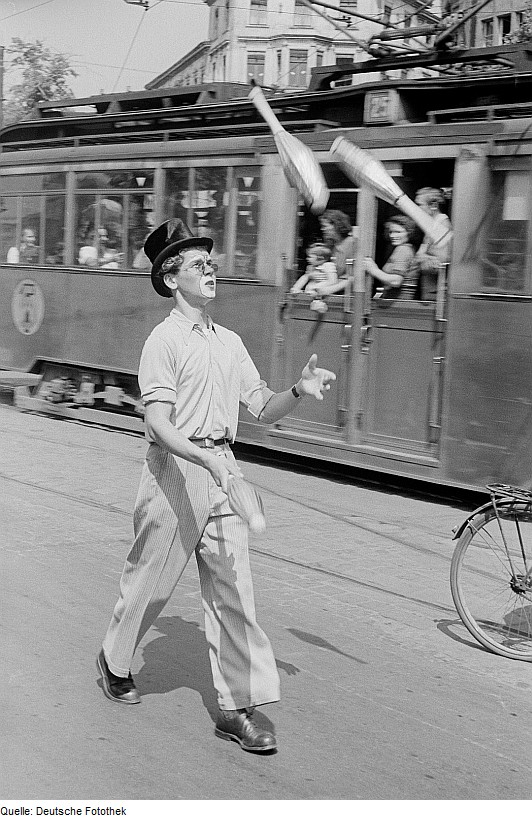This is a post for people who tend to be too lax with themselves. We’ll start by kicking out those of you who don’t belong here.
If you are prone to scruples . . . don’t read this post. Go make an appointment with your pastor for a five-minute consultation. Write down your plans for Lent, get him to sign off on that, tape your list to your fridge, and DON’T ADD A THING.
You may sprinkle on bits of supererogatory penance on your better Lenten days if the opportunity presents itself, but that’s pure bonus and you have to both (A) congratulate yourself for those days and (B) knock it off if your hot Lenten super days are wearing you down and making it too hard on ordinary days to do the thing you and your pastor agreed would be your thing.
That’s it. Get out of here.
PS: If your pastor is a totally namby-pamby, flakey-wakey, wishy-washy cuddle puddle who wouldn’t know penance if it scourged him with briars . . . that’s God choosing to really lay it on you this Lent. When Fr. Laxalot looks at your list of planned prayers and fasting and tells you that what he really needs is for you to smile during the sign of peace as your Lenten act of self-denial, honey you just do that. Tape it to your fridge.
If your life is inherently penitential . . . this post isn’t really for you, either. But you can take a look, as long as you promise not to scruple. Otherwise, it’s off to meet with Fr. Laxalot.
Slackers Quit Slacking
So there are people you know who glance at Lent and announce that The Really Important Thing conveniently does not include prayer, penance, and almsgiving.
Now let us agree, the Really Important Thing is you responding to God’s grace and accepting His gift of salvation and all that goes with. Absolutely. But you are a timebound meat-creature, so the ethereal glance towards Heaven is not something you are quite ready to sustain. Your body and soul are inseparably glued together like a PB&J sandwich that’s been sitting on the dash of the car on a summer afternoon; therefore you must do things with your body now if you want to shine up your soul so it can embrace the beatific vision when the time comes.
Let us also acknowledge that if you are bitter, nasty, ungrateful wretch with seven mortal sins you commit before breakfast, you’ve got some rough work to blast through before getting to the fine-tuning. Do please orient your Lent towards knocking off at least the most egregious outer layer so we can get to the deeper stuff in future years.
Furthermore, let us note that once the big crust of visible nastiness has been mostly brushed away, it’s possible that what we find inside is a festering wound of putrid moral ugliness. In all likelihood you are so accustomed to the stench you don’t even notice. Telltale Sign: You create complicated explanations about why your life doesn’t match the things Jesus says to do, but hey that’s okay! It’s not okay.
Jesus came to save you from your sins, not to explain that drowning in the mire is just fine too.
Prayer, penance, and almsgiving are the physical tools God gives us, by His gift of unfathomable Grace, to help us not want to drown in the mire quite so much.
Prayer
Prayer takes many forms, but Not Praying isn’t one of them.
Please do not tell me that your work is your prayer. No darling. Your work is your work. Your prayer is your prayer. It may be that your state in life does not allow for the type of prayer you especially prefer or admire, but actual prayer is the thing we’re going for here. Examples:
- Prayerfully reading the day’s Mass readings.
- Attending Mass and praying through it.
- Adoring the Lord present in the Holy Eucharist.
- Praying one of the hours of the Divine Office.
- Prayerfully reading your Bible.
- Praying the Rosary. (Tips here.)
- Praying the Chaplet of Divine Mercy.
- Praying the Jesus Prayer.
- Praying some shorter (or longer) prayer that fits the occasion.
- Setting aside a certain amount of time, alone and unbothered, to become aware of the presence of God and then converse with Him.
- If you like to write: Prayerfully conversing with God via conversation with Him in a private journal.
There are other ways of course, but you get the idea.
You cannot pray all the prayers. You must discern and choose. I am well aware that there are times in life when your work or your vocation or your health does not allow you to pray as fully as you otherwise would. But if you can read this post, you can definitely pray.
Penance
If you have big sins you’re trying to shed, penance can run two ways. If your sin is something like using porn or committing slow suicide with your cigarette habit, then this particular Lent you might take on the “penance” of quitting that habit, stat. It’s actually a gift to yourself, not a punishment, but such gifts can own you for a long while, and one can only do so much at a time.
On the other hand, if your persistent sin is something like wrath, or lust, or gluttony, there’s a point when cold turkey can’t happen. Once you’ve eliminated the obvious don’t-or-die items, you’re left with a pile of wriggling worms of naughtiness that are constantly evading capture. Fasting in its various forms, as well as acts of overt self-mortification (cold showers, for example), are the tools that fight sin and save lives.
Conveniently, if you take up such a penance you get a double-bonus: The miracles that are wrought by the combination of prayer and penance will flow both outward towards others and inward towards your soul.
Offering it up. If your life comes with a significant built-in penance, then a reasonable Lenten resolution is to live out that God-ordained amount of suffering with a prayerful disposition. This post was not for you, but there you go.
For those of you who are, in contrast, perfectly capable of additional acts of self-denial, don’t delude yourself. You will not become a nicer person by resolving to be a nicer person. You will become a more charitable person by training yourself, through self-denial, that it is not necessary to indulge your every whim.
Almsgiving
Sometimes people say, “Rather than giving up something for Lent, you can take up something for Lent.” Certainly true, but if you are a slacker, you know very well how easily you can turn that observation into a shadow-play of Doing Nothing.
Slacker friends, let’s raise the bar one more: When you take on works of charity, don’t deceive yourself into Not Actually Giving.
If you have money to give, give it. Give it freely and generously. If you are the widow in the parable, this post was not for you. This post is for those of you who so easily persuade yourself you are that widow, when really you’re the guy walking by the money box not even bothering to drop in a few coins.
Almsgiving is the triple whammy:
- It is an act of self-denial, hence it works like a penance.
- It teaches you to trust in God, because you are giving up your means of saving yourself.
- It does some good for the recipient.
Most of us stink at it even more than we stink at fasting, and you know we pretty much stink at fasting, too. If you are a person with significant wealth, you are far more likely to succeed at prayer and fasting than you are to succeed at almsgiving.
About those Poor People
Let me say a crazy thing, and you stay calm until you’ve read the details: Please don’t take on the works of mercy for Lent. The corporal and spiritual works of mercy are your duty all year long.
It may well be that since you have no money to give, but you do have physical strength and free time, taking on one of the works of mercy will in fact be your best way of almsgiving. Furthermore, taking on a work of mercy is often the necessary counterpart to a penance — if you don’t fill the void with something good, you’ll only go and fill it with a fresh vice. Finally, if you are not currently practicing the works of mercy, or your life has changed so that you are now free to carry out works that were heretofore not open to you, please, take them on!
So it may in fact be best if you take up a work of mercy this Lent. But slacker friends, do not say to yourself, “Oh yes, I feed the homeless every Lent!” or “Oh yes, I visit the sick every Advent!” Love of neighbor is not a seasonal activity. Take note of your spiritual gifts and the opportunities that your state in life allows, and do not shove off your portion of Christian charity on your fellow parishioners.
Chances are you stink at this even worse than you stink at prayer, penance, and almsgiving — and don’t even know it. Love of neighbor flows from love of God. Work on the Big Three this Lent, and the works of mercy should be the obvious fruit of your repentance and return to God.

I searched Wikimedia for “camels” and came up with this. More Lenten than you might think. Giusto de’ Menabuoi – Re magi – Battistero del Duomo di Padova, fresco circa 1376 – 1378.















